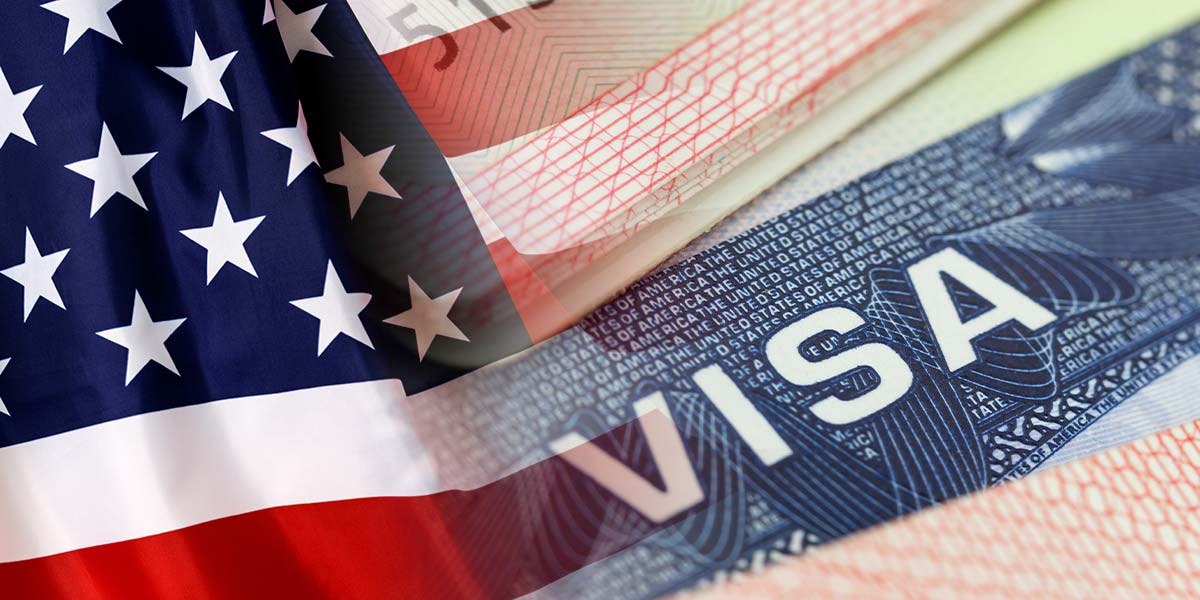The recent decision by the U.S. government to raise the H-1B visa application fee to a staggering $100,000 has sent shockwaves through the global technology industry. While the intention behind the move might revolve around curbing visa abuse or securing local jobs, its most immediate and profound effect will be on the global contest for talent—an arena in which American companies, particularly in the tech sector, are already fiercely engaged.
Organizations Are Already in a Talent Arms Race
Even before the fee hike, tech companies around the globe have struggled to recruit and retain top-tier talent. The digital economy operates on innovation, skill, and relentless adaptability—qualities often found among the highly educated, mobile, and ambitious workers who seek opportunities in the United States under the H-1B program. Giants like Google, Microsoft, Meta, and countless startups all depend on a steady influx of foreign expertise, especially in high-demand fields such as artificial intelligence (AI), cloud computing, and semiconductor design.
Cost Barrier Will Raise the Stakes for Both Employers and Talent
With the U.S. imposing a $100,000 H-1B visa fee—a cost typically borne by the employer—the calculus for hiring foreign talent changes dramatically. It is reasonable to assume that many companies, especially those already pressured by market volatility and rising costs, will be far more selective when considering foreign candidates. For years, Indian professionals, in particular, have formed a significant portion of the U.S. tech workforce, filling roles that cannot easily be sourced locally. Now, faced with the prospect of a six-digit upfront cost, even lean, growth-focused Silicon Valley firms may reconsider their global hiring strategies.
This fee hike will create an ultra-competitive environment where only the most exceptional candidates—those who can demonstrably drive business value or offer skills in rare supply—will pass the bar. It is likely that only those with unique, proven expertise will be able to justify an investment of this magnitude from an employer.
The New Reality: Only the Outstanding Need Apply
In most cases, the sponsoring company assumes responsibility for the visa fee. With the cost now so high, businesses will expect nothing less than excellence from potential recruits. The era of “body shopping”—where consulting firms move large numbers of staff to U.S. projects—may be over, replaced by a system that rewards truly world-class performance. For candidates, this means building not only the best resume possible, but also demonstrating the ability to create immediate and transformative impact.
Industry Leaders Weigh In: Immigration and Innovation
Nvidia CEO Jensen Huang, responding directly to President Trump’s announcement, emphasized the foundational role of immigration in both technology and the nation’s broader future. “We want all the brightest minds to come to the U.S. and remember immigration is the foundation of the American Dream,” Huang said in an interview with CNBC following the massive investment announcement with OpenAI for a 10GW data center. “We represent the American Dream. And so I think immigration is really important to our company and is really important to our nation’s future, and I’m glad to see President Trump making the moves he’s making.”
Echoing this outlook, OpenAI CEO Sam Altman noted, “We need to get the smartest people in the country, and streamlining that process and also sort of outlining financial incentives seems good to me.”
Assuming these trends persist, it is likely that U.S. tech companies may concentrate even more on attracting truly elite candidates, seeking to ensure that their data centers and innovation hubs remain home to the very best minds in technology worldwide.
The U.S. H-1B fee hike doesn’t just set up a financial barrier; it signals a decisive shift in how companies think about the value of global talent. If more countries or companies adopt similarly stringent measures, the world could see an even more pronounced stratification of tech talent—where only the best make it to the very top, and others must seek alternative routes or destinations.
For global tech professionals and companies alike, the message is clear: the competition to shape the future is fierce, and only those who can prove they are indispensable will have a ticket to the game.





